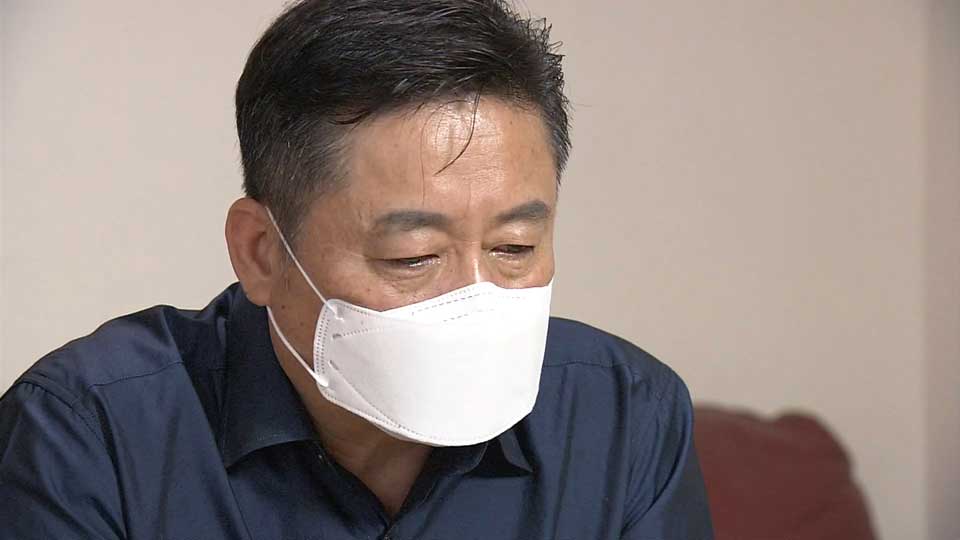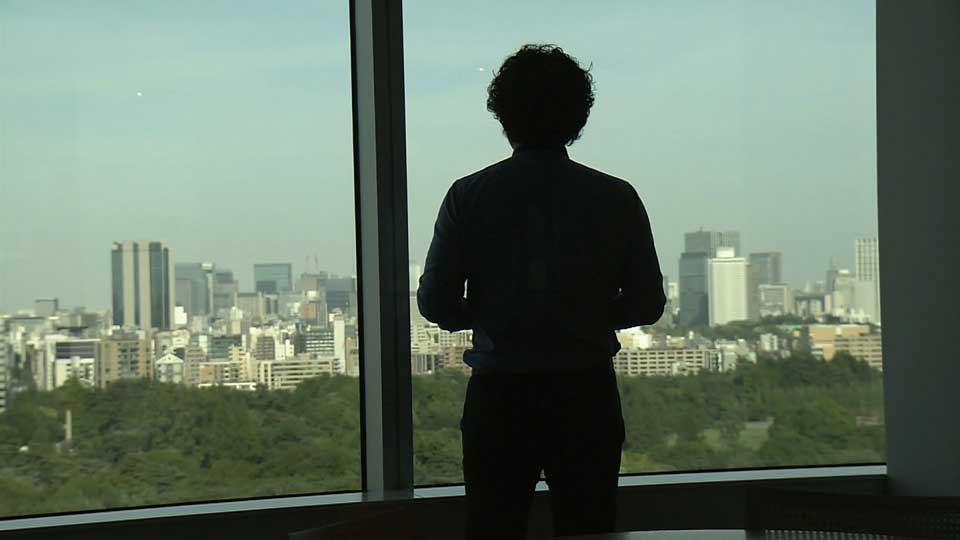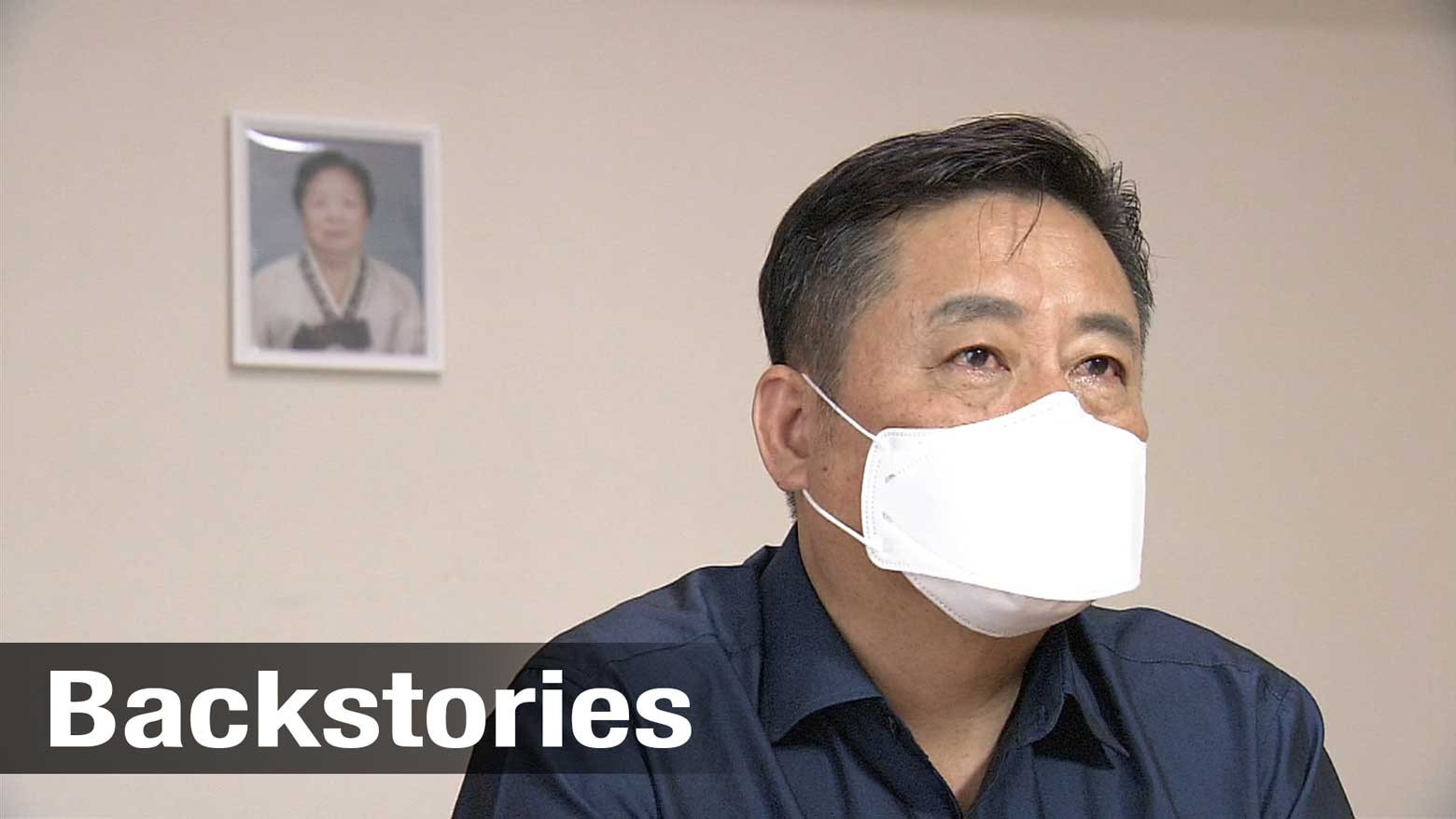Japan currently bans entry to foreigners from 111 countries and regions, including the United States, Russia, China, and South Korea. The measure covers foreign nationals who work in Japan and those who have a Japanese spouse. Once they leave the country, they are not allowed to reenter, unless they have what is deemed an exceptional reason.
Lee thought the death of his mother would qualify as such a reason, but when he applied to the Justice Ministry for permission to leave and reenter the country for her funeral, he was rejected.
"They told me there are no exceptions and that I wouldn't be approved," he said, in tears. "My goal now is to get to South Korea in time for the service marking 49 days since her death."

On May 19th, a Taiwanese man—who spoke on the condition of anonymity, citing business concerns—traveled back to the island for a shareholder meeting. He says he was reticent to leave his wife and one-and-a-half-year-old child, but that he was worried he would lose his job if he didn't attend the meeting. Despite making repeated inquiries with the Justice Ministry, he was unable to confirm before his departure whether he would be able to reenter the country.
The man is currently still in Taiwan, unsure when he can return to his family.
"If I can't reenter, who knows when I'll next see my family," he says. "Right now, Japan is imposing restrictions only on foreigners. This will hurt the country's reputation."

In comparison with other countries, Japan's requirements manage to be both strict and unclear. Germany is allowing foreign nationals with long-stay permits to reenter the country. And Australia has laid out a clear set of criteria for its reentry applications, which includes certain humanitarian exceptions.
"We do not intend to make the reentry criteria public," said a Japanese Justice Ministry official. "But we do allow people to renter in some cases. Anybody who wishes to do so should contact the ministry."
Ibusuki Shoichi, a lawyer specializing in human rights issues involving foreign residents of Japan, says this policy makes little sense.
"It should be possible to allow foreign residents to reenter, as long as measures to prevent infection are properly implemented," he says. "It would be simple if they would just clarify under which circumstances reentry is allowed."
Foreign Minister Motegi Toshimitsu made reference to the ban at a Lower House committee meeting on May 22nd, saying the ministry is considering amending the policy to allow entry in certain cases on humanitarian grounds.
For the countless people who have been separated from their families, such a change can't come soon enough.

